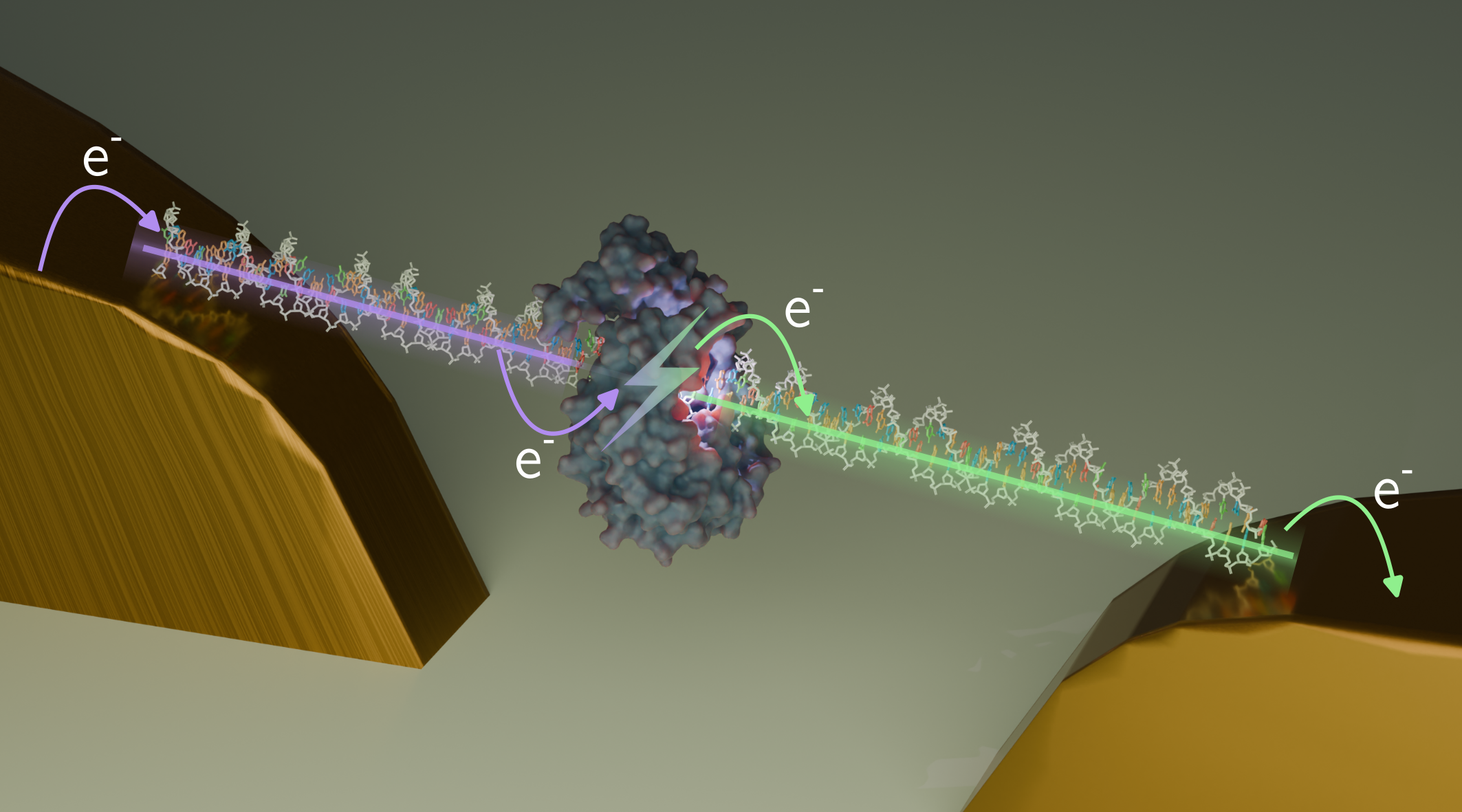Molecular electronics for on-chip enzymatic control
PhD - Leuven | More than two weeks ago
To successfully solve this challenge, your PhD research will be built on three interconnected pillars:
- Device engineering: You will design and fabricate novel ultra-flat nanogap electrode devices in imec’s state-of-the-art cleanroom facilities, creating the electrical stage for your molecular electronics experiments.
- Macromolecular scaffolding: You will use DNA-origami to build conductive macromolecular scaffolds, enabling the nanometer-precise placement of biological components and providing atomically precise current paths.
- Surface chemistry: You will master advanced site-specific surface chemistries, such as mixed self-assembled monolayers, to chemically and electronically connect the molecular scaffolds to the electrodes.
During this PhD, you will master a suite of advanced characterization techniques. You will use atomic force microscopy and fluorescence microscopy to visualize the morphology of nanoscale structures, while orthogonal electrochemical and electrical conductance measurements will allow you to probe their electronic properties. This multi-faceted approach will give you a complete picture of your system, from bulk materials down to individual molecules.
Working within imec’s international environment, you will be part of a unique team that combines world-leading expertise in nanoelectronics, biochemistry, and electrochemistry. Your work will lay the foundation for the next generation of life-science tools, from scalable, enzymatic DNA synthesis to novel biopolymer sequencing platforms.
We are seeking a highly motivated and creative candidate with a Master’s degree in physics, nanoscience engineering, (bio)chemistry, bio-engineering, or a related field. The ideal applicant will have:
- A strong, hands-on aptitude for experimental science.
- A profound interest in working at the intersection of disciplines.
- A collaborative spirit and excellent communication skills in English.
- Previous experience in at least one of the following is a significant plus: nanofabrication, surface chemistry, atomic force microscopy, electrochemistry, or DNA nanotechnology.

Required background: Physics, Nanoscience Engineering, (Bio)chemistry, Bio-engineering or equivalent
Type of work: 70% experimental, 20% modeling, 10% literature
Supervisor: Philippe Vereecken
Co-supervisor: Pol Van Dorpe
Daily advisor: Kherim Willems
The reference code for this position is 2026-025. Mention this reference code on your application form.
